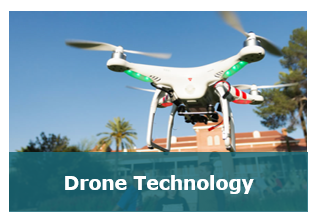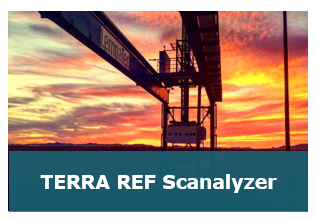Precision Agriculture
By 2050, it is estimated that there will be nine billion people on Earth. New technologies will be needed to feed the world’s population, and to grow food in outer space. Climate change adds to the pressure of food scarcity. Precision Agriculture provides both traditional field growers, as well as growers in a controlled environments, with the tools to more effectively and efficiently grow and monitor their crops. Collecting various types of data from the plants using drones and various sensors are examples of precision agriculture. The Biosystems Engineering Department has faculty working in Precision Agriculture on main campus in the Vegetation Index & Phenology Lab (VIP), at the Controlled Environment Agriculture Center (CEAC), the Maricopa Agricultural Center (MAC), and the Yuma Agricultural Center (YAC).
![]()
Faculty with Precision Agriculture Research Components:
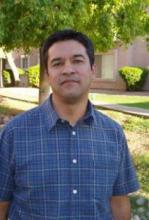 |
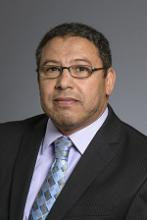 |
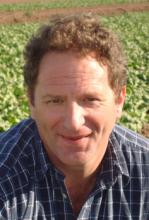 |
|
| Dr. Pedro Andrade | Dr. Kamel Didan | Dr. Mark Siemens |
![]()


